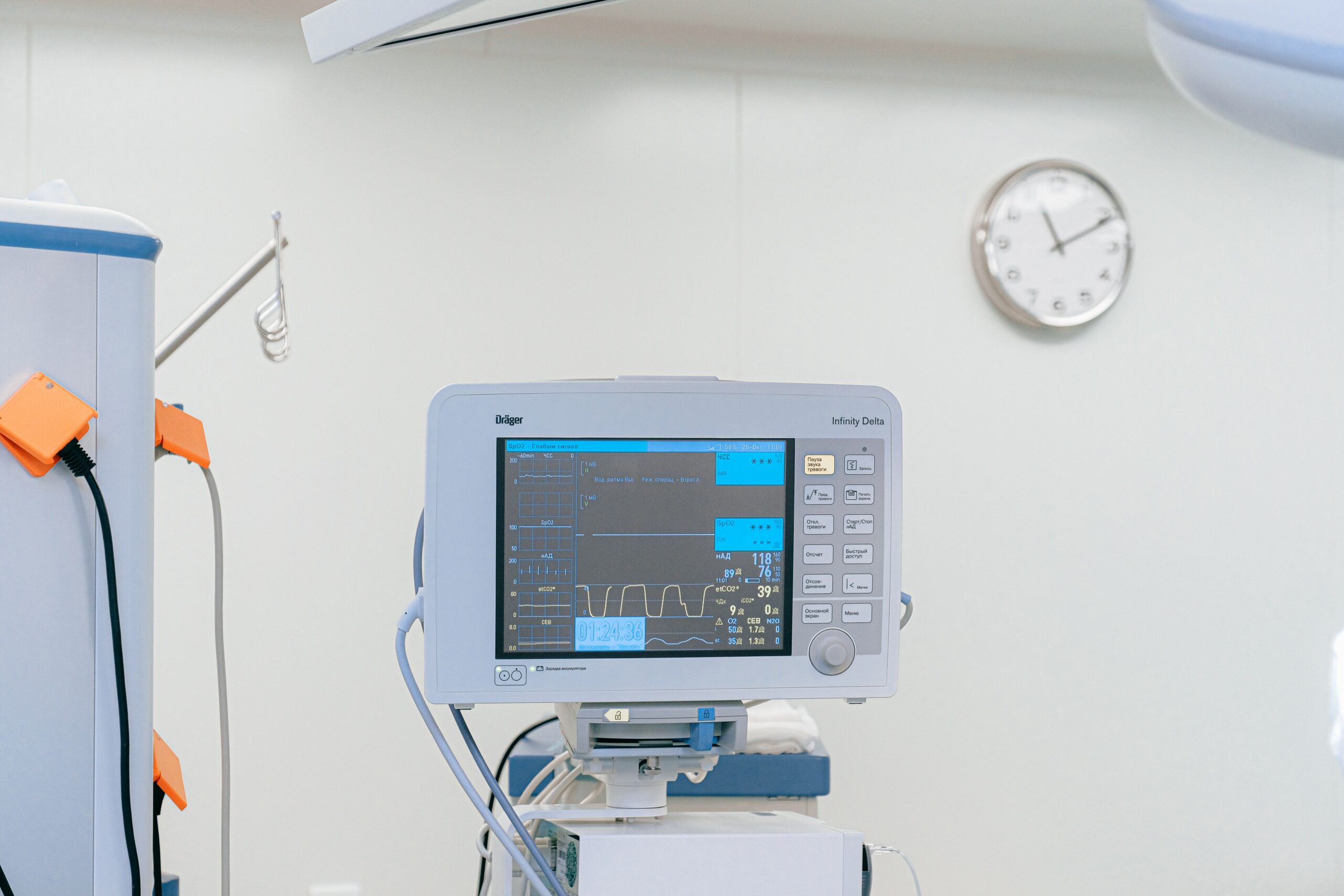With the warmer temperatures on the way, we can look forward to sunny days by the pool or on the beach. But if you’re like the many Americans with leg veins, you may be reluctant to show off your legs this spring. Studies show that over 25 million people in the United States have varicose veins. Unsightly leg veins can cause pain and discomfort, along with feeling self-conscious about their appearance.
Luckily there are treatment options that can help resolve your vein issues. Now is the perfect time to look into treatment options. Keep reading to learn more about what you can do to treat your leg veins and stop them from getting worse.
What Causes Leg Veins?
There are different types of leg veins. Some are more severe than others. Varicose veins are bulging and enlarged veins that are close to the surface of your skin. Spider veins are a more mild form of varicose veins that are just under your skin and can be blue, purple, or red in color.
Mostly, these veins are more of an aesthetic concern and not dangerous. They are caused by the valves in your veins being broken or malfunctioning. This causes the veins to fill up with blood and bulge. These vein issues can happen due to pregnancy, obesity, or prolonged sitting or standing.
Because the blood cannot drain like normal, the veins can become itchy and painful. In some cases, varicose veins can be dangerous and cause more extreme problems. If you’re suffering from severe pain, then you should consult a professional who may recommend an ultrasound, which is a painless, non-invasive way to get a closer look at your veins.
How to Improve Your Leg Veins
There are some simple steps you can take to keep your leg veins from getting worse. One easy way to reduce swelling in your legs, due to varicose veins, is to elevate your feet after a long day of standing at work. Let’s take a look at some other options available to you, depending on your individual needs.
Compression Socks
One option is to wear compression socks or stockings. If your work requires you to stand or sit for a prolonged time, then wearing compression socks can help improve blood flow and reduce swelling in your leg veins.
Wearing compression stockings can also reduce your chances of getting deep vein thrombosis (DVT), which is a type of blood clot. They’re also used as treatment for poor circulation caused by diabetes. Plus, they can prevent you from developing more varicose or spider veins.
Your doctor might recommend wearing compression socks after other vein treatments and procedures to promote healing.
Topical Creams
In addition to wearing compression stockings, you can also find topical creams to soothe your skin. These creams can be purchased over-the-counter at your local drug store. They’re used to tighten the skin and reduce swelling, which in turn reduces the appearance of varicose veins along with the discomfort they cause.
Although topical creams can help to mask the pain caused by leg veins, they won’t treat the underlying problem. Talk to your doctor about which topical creams might be best for your leg veins.
Effective Leg Vein Procedures
If you’d like to get rid of unsightly leg veins that can also cause discomfort and effect your quality of life, then you may want to look into more permanent procedures. There are a variety of options, which are mostly low risk and have an easy recovery. Your doctor can help you decide which procedure is right for you.
External Laser Treatments
Spider veins, also known as telangiectasias, are the small purplish veins in the leg that usually are not painful or harmful. They can be caused by a number of things including family history, pregnancy, and hormonal factors. However, some may prefer to have them removed for cosmetic reasons. For these cases, external laser treatments are a non-invasive and popular option.
External laser treatment uses a focused beam of light that forms a blood clot in the vein. These clots block off the vein and it dies off as a result. This treatment is typically used for patients who have veins that are less in diameter than a 30 gauge needle or for those who have a phobia of needles.
Sclerotherapy
The most effective, and popular, treatment for spider veins is Sclerotherapy. This is when a needle is used to inject the veins with medication to remove them. You can expect the injected veins to fade within just a few weeks.
Side effects to sclerotherapy are usually mild such as bruising, swelling or inflammation that goes away within a few days. After treatment, most people return to normal activity and can walk directly after.
Endovenous Catheter Ablation (Venefit™)
Venefit™ is the latest innovation for treating leg veins using radiofrequency. This procedure is mostly non-invasive because it uses heat to contract the collagen in vein walls. This causes the veins to collapse and close, which results in blood being redirected to healthy veins instead.
There are many benefits to Endovenous Catheter Ablation. It has a quick recovery time, only requires local anesthetic, has a high rate of recovery, and low risk of infection.
Ambulatory Phlebectomy
Your doctor might recommend an ambulatory phlebectomy as treatment for small veins located on the surface of the skin. Similar to other treatments, this is an outpatient procedure that usually takes no more than an hour. It is also typically pain-free for most patients.
This treatment involves an incision made by your doctor into the vein and a surgical hook inserted into it. This is used to remove the affected vein. No stitches are necessary and the vein is easily collapsed.
Ambulatory Phlebectomy is not recommended for patients who are taking blood-thinning medications, have cellulitis, clotting issues, or severe edema. It can treat veins both cosmetically and for patients concerned about other effects of untreated veins. For example, untreated veins can affect the flow of oxygen-depleted blood from your heart to your lower extremities.
VenalSeal™
Another option that your doctor might consider is VenalSeal™. This is a procedure that uses a small catheter, or tiny tube, to insert medication into the vein. The procedure starts with an ultrasound to examine the area.
You may feel stinging and mild discomfort when your doctor uses an injection to numb the area. But you won’t feel the majority of the procedure. External pressure is used to push the vein walls together along the entire vein’s length.
VenalSeal™ can eliminate painful and itchy leg veins that cause annoying symptoms like restless legs, achiness, and swelling.
Get Relief From Your Leg Veins
Although there are many treatment options for leg veins, it’s important to consult with your doctor to find out which option is right for you. Luckily, we offer a variety of treatment options all in one convenient location.
Ready to get the best care for your leg veins in time for warmer weather? Get started today! Schedule your vein consultation with one of our expert doctors. You’ll be ready to show off your leg free veins in no time.










